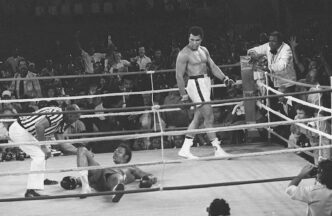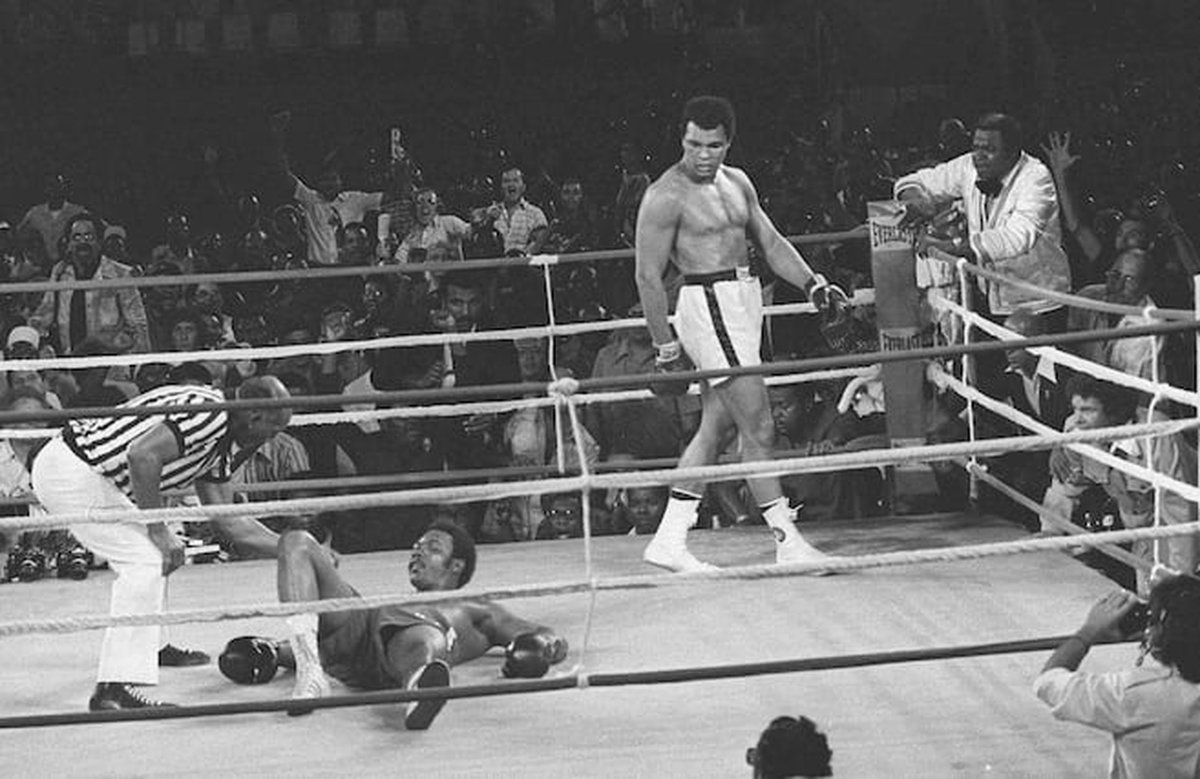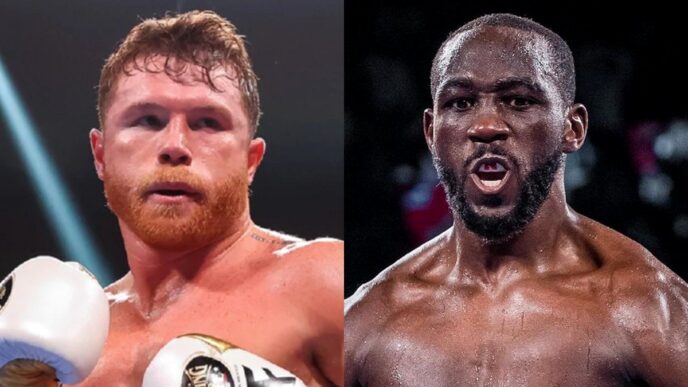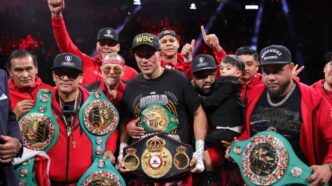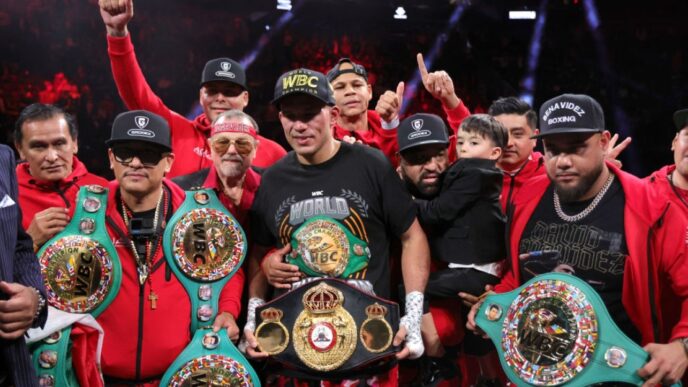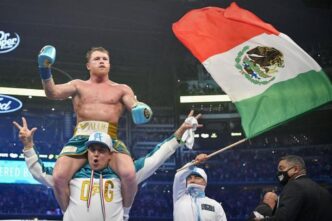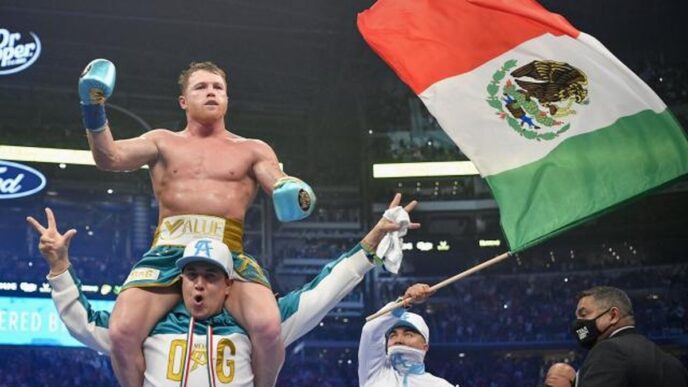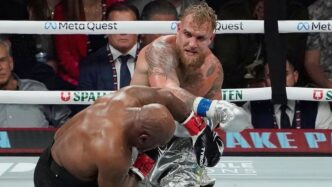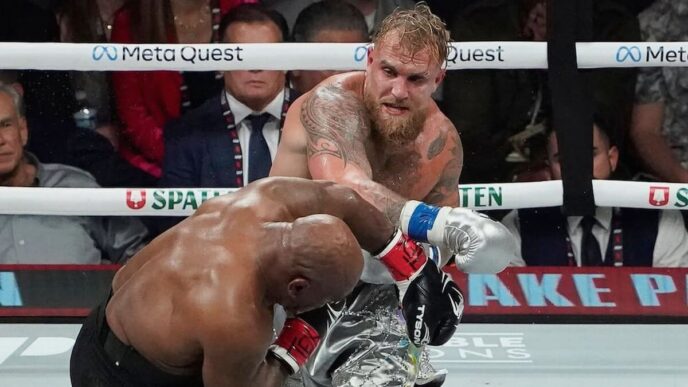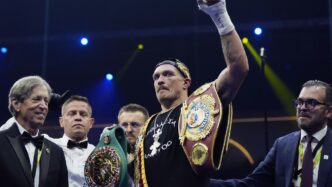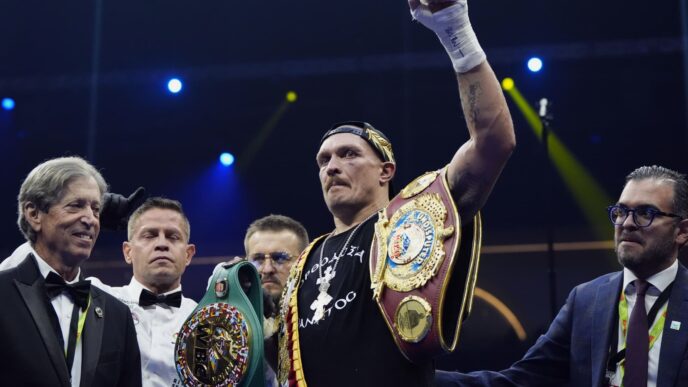George Foreman, a towering figure in the world of heavyweight boxing, has passed away at the age of 76, leaving behind a legacy that defined an era. His death marks the closing chapter of a golden age in boxing, characterized by unforgettable bouts and larger-than-life personalities.
The Rise of a Champion
George Foreman’s journey to becoming a boxing legend began with his gold medal victory at the 1968 Olympics in Mexico City. At just 19, Foreman showcased his formidable power by defeating Jonas Cepulis in two rounds. This victory set the stage for his professional career, where he quickly rose through the ranks to claim the heavyweight title in 1973 by defeating Joe Frazier in a dominant display.
Foreman’s early career was marked by an aura of invincibility, as he amassed a record of 40-0 with 37 knockouts. His combination of raw power and an intimidating presence made him a formidable opponent in the ring. This reputation was solidified by victories over renowned fighters like Ken Norton and José Roman.
The Iconic Rumble in the Jungle
The defining moment of Foreman’s career came on October 30, 1974, in Kinshasa, Zaire, during the legendary “Rumble in the Jungle” against Muhammad Ali. Despite being the favorite, Foreman was defeated by Ali in the eighth round. Ali’s “rope-a-dope” strategy wore down Foreman, demonstrating the power of endurance and tactical brilliance over sheer strength.
This defeat was a turning point for Foreman, leading him to a period of introspection and spiritual growth. He took a hiatus from boxing, during which he became an ordained minister, before making an unexpected return to the ring a decade later.
A Remarkable Comeback
In 1987, at the age of 38, Foreman made a triumphant comeback, showcasing not only his undiminished power but also a newfound charisma and warmth. His second act in boxing culminated in 1994 when he regained the heavyweight title at 45, becoming the oldest heavyweight champion in history. This victory, against Michael Moorer, was a testament to his enduring skill and determination.
Foreman’s comeback story was not just about reclaiming titles but also redefining his public image. Known affectionately as “Big George,” he became a beloved figure, both for his achievements in the ring and his entrepreneurial success with the George Foreman Grill.
A Legacy Beyond the Ring
Beyond his boxing accolades, Foreman was a respected figure in business and philanthropy. His ventures, notably the acclaimed grill line, significantly contributed to his wealth, which he left to his 12 children. Foreman’s life story is one of resilience and transformation, from a troubled youth in Houston’s Fifth Ward to an international sports icon.
His passing has prompted tributes from across the globe, highlighting his impact not only as a pugilist but also as a symbol of perseverance and reinvention. Boxing legends, including Mike Tyson and promoter Bob Arum, have expressed their condolences, emphasizing Foreman’s influence on the sport and beyond.
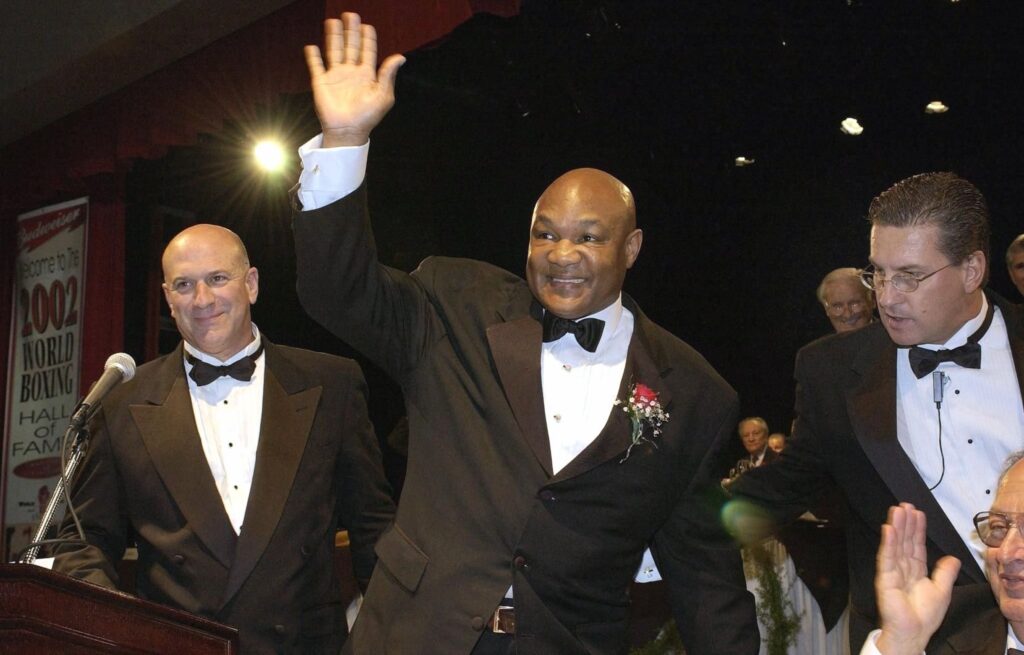
George Foreman’s death signifies the end of a legendary era in boxing, where he stood alongside greats like Muhammad Ali and Joe Frazier. He was the last surviving member of this iconic trio, whose battles captivated millions and defined a golden age of heavyweight boxing.
As the world reflects on Foreman’s legacy, his story serves as a reminder of the timeless nature of sports legends and the enduring spirit of competition. His life was a testament to the power of redemption and the impact one individual can have across generations. With his passing, a chapter in boxing history closes, but his influence will continue to inspire future champions.
